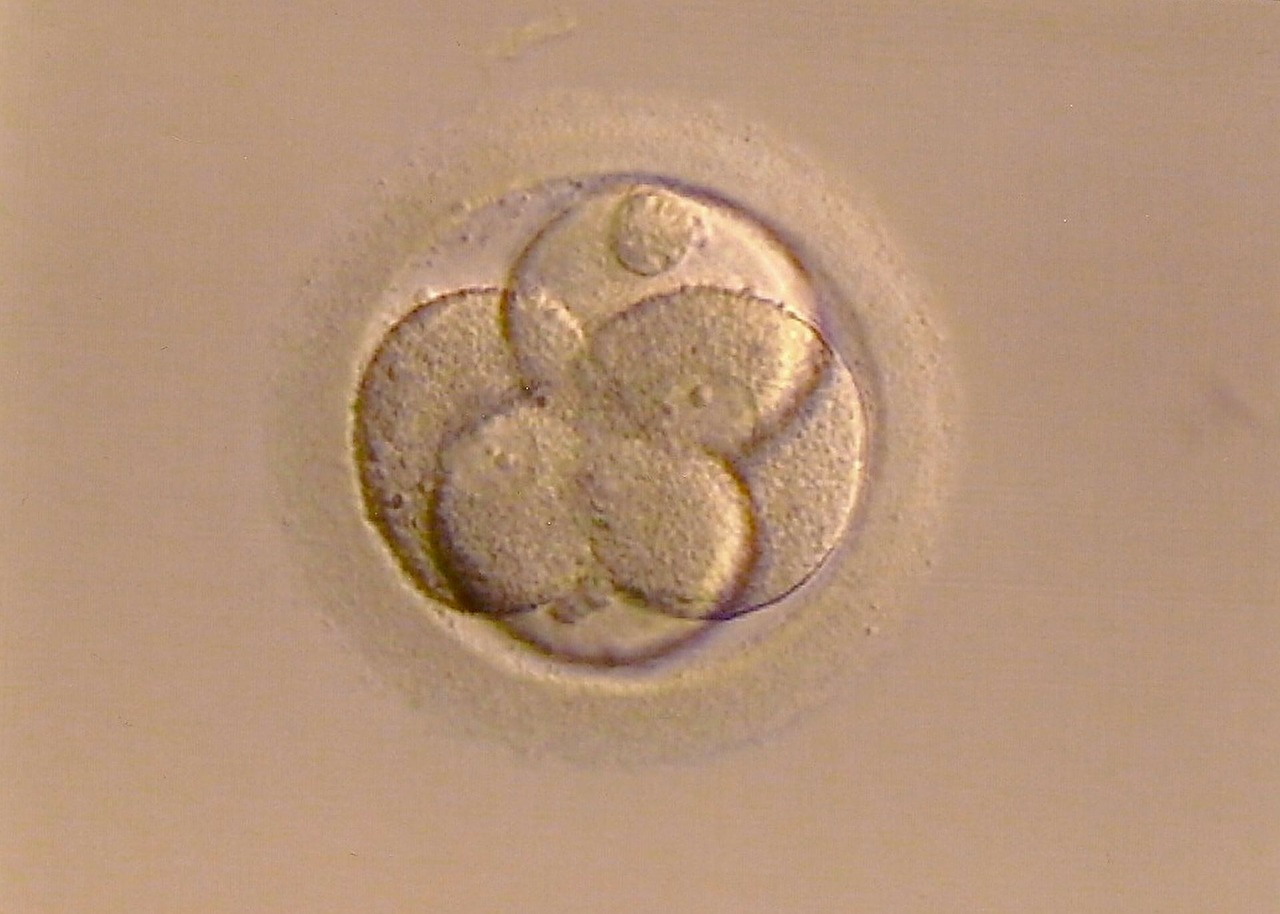Aggregated News

Scientists have been tinkering with the DNA in humans and other living things for decades. But one thing has long been considered off-limits: modifying human DNA in any way that could be passed down for generations.
Now, an international team of scientists reports they have, for the first time, figured out a way to successfully edit the DNA in human embryos — without introducing the harmful mutations that were a problem in previous attempts elsewhere. The work was published online Wednesday in the journal Nature.
"It's a pretty exciting piece of science," says George Daley, dean of the Harvard Medical School, who was not involved in the research. "It's a technical tour de force. It's really remarkable."
The research is ultimately aimed at helping families plagued by genetic diseases. The new experiment used a powerful new gene-editing technique to correct a genetic defect behind a heart disorder that can cause seemingly healthy young people to suddenly die from heart failure.
The experiment corrected the defect in nearly two-thirds of several dozen embryos, without causing potentially dangerous mutations elsewhere in...



